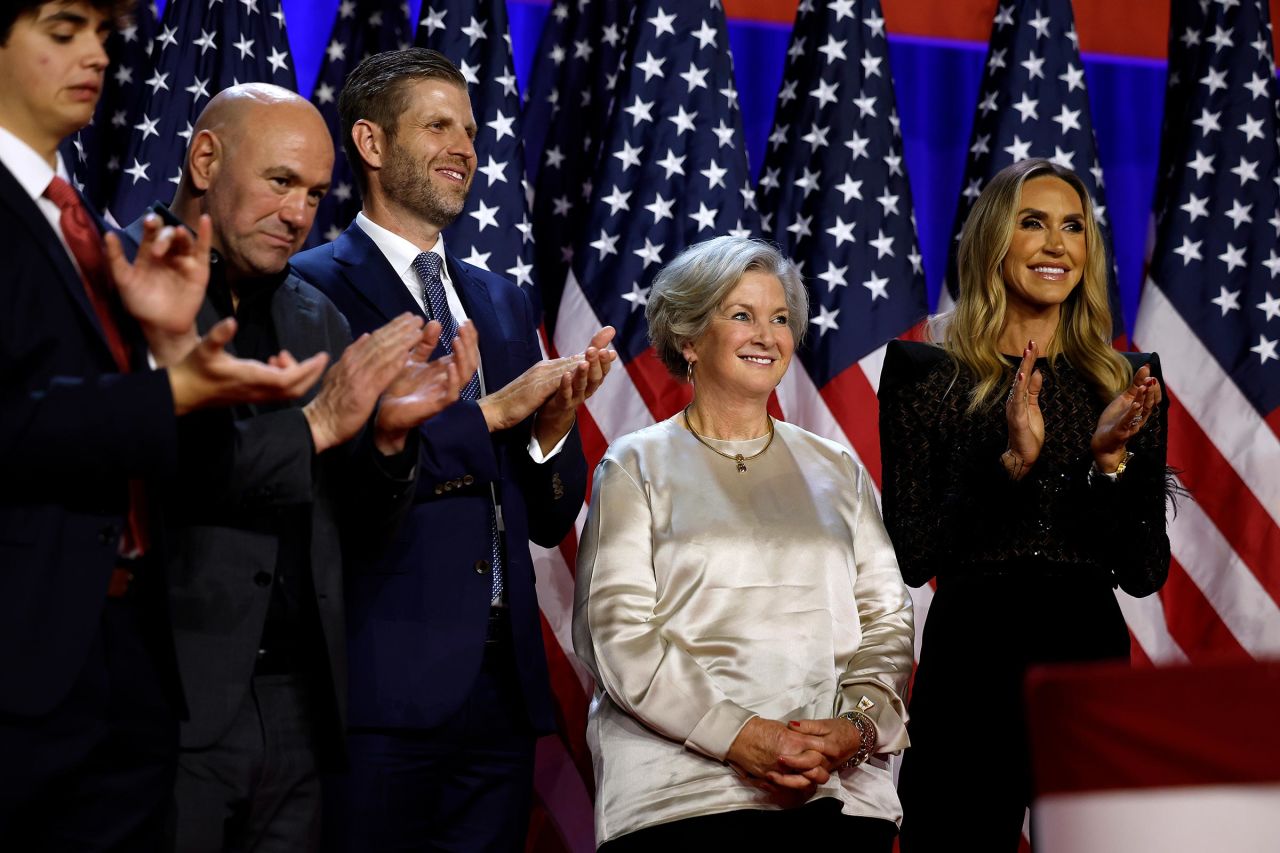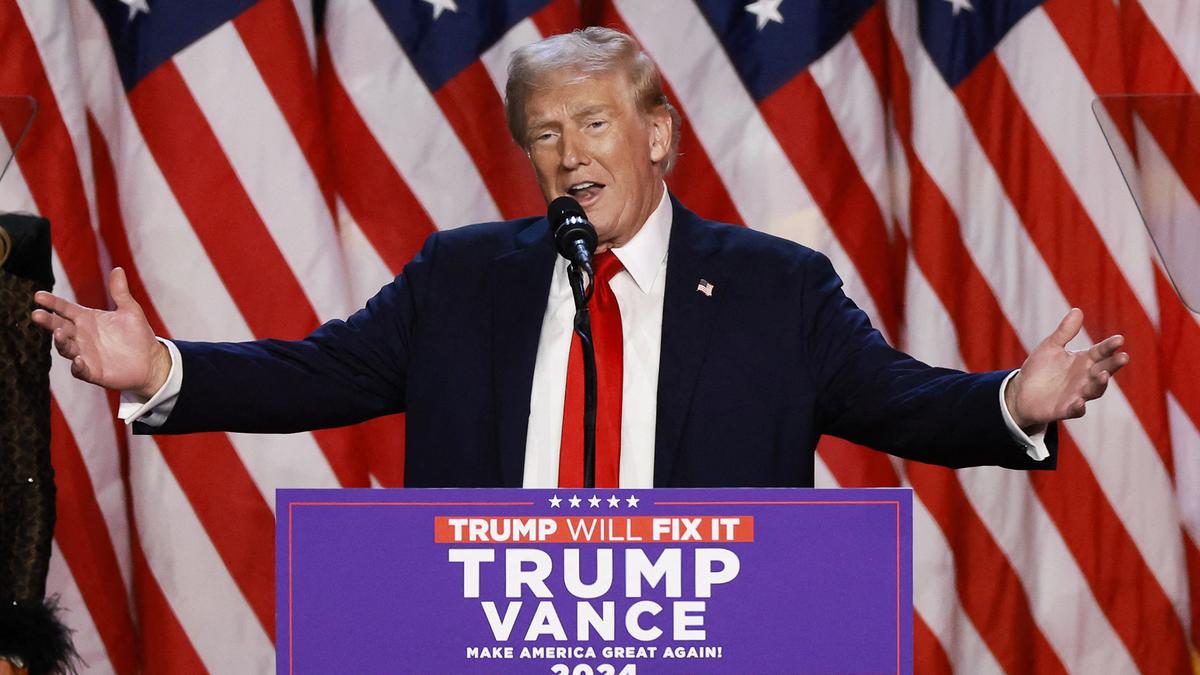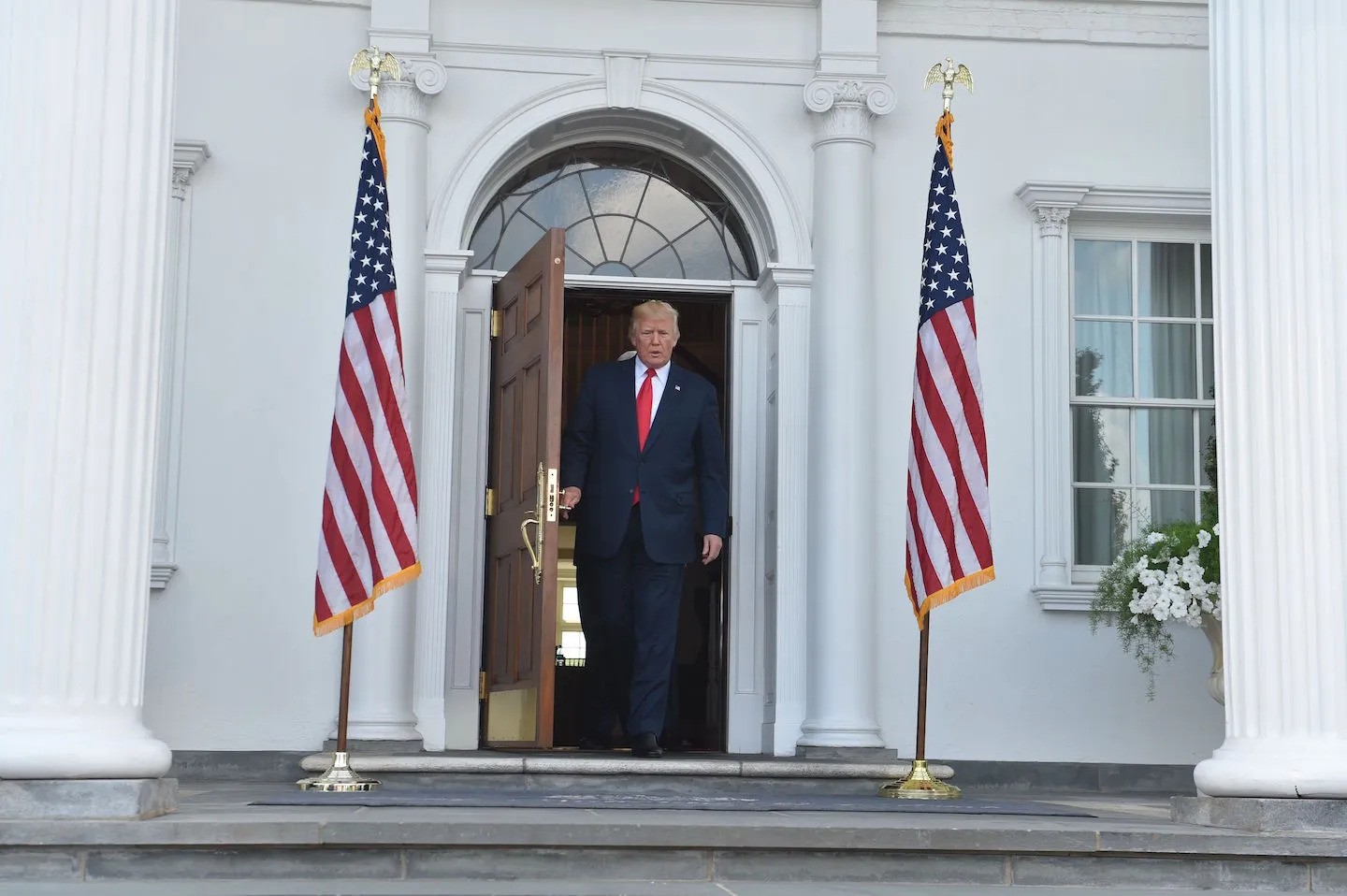China’s official response to President-elect Trump’s victory was calculated and restrained, but beneath the surface, experts say Beijing is unsettled.
“Our policy towards the U.S. is consistent,” foreign ministry spokesperson Mao Ning stated on Wednesday afternoon. “We will continue to view and handle China-U.S. relations in accordance with the principles of mutual respect, peaceful co-existence and win-win cooperation.”
A Subdued Reaction Conceals Real Worries

National Taiwan University’s Professor Yuan Juzheng, who recently returned from China, sensed an underlying anxiety. He noted, “Trump presidency is a ‘worst-case scenario’ for Beijing.” During his visit, he observed widespread discussion about the U.S. election, with many fearing Trump’s victory could worsen already tense relations.
The crux of the issue, Yuan explained, is China’s struggle with Trump’s tariff-based approach. “not been prepared psychologically,” he said, recalling the shock in 2018 when Trump imposed tariffs on Chinese giants like Huawei. Now, however, China fully understands the impact of such policies, especially in light of its economic downturn.
Three Core Tensions: Trade, Technology, and Taiwan

Political science expert Zhiqun Zhu of Bucknell University identified the primary points of contention.
“Three key issues will continue to dominate the U.S.-China relationship. They are the three T’s — trade, technology and Taiwan,” Zhu explained.
The potential for conflict is underscored by Taiwan’s visible support for Trump. On Wednesday, Taiwan President William Lai posted, “Sincere congratulations to President-elect @realDonaldTrump on your victory. I’m confident that the longstanding # Taiwan – #US partnership, built on shared values & interests, will continue to serve as a cornerstone for regional stability & lead to greater prosperity for us all.”
Mixed Reactions in Taiwan Reflect Hope and Skepticism
Within Taiwan, reactions to Trump’s win are mixed. Some are wary of his brash personality, while others, citing his firm stance on China, view him as “better for Taiwan.” This sentiment resonates with many Taiwanese who see Trump’s approach as a potential buffer against China.
Taipei-based commentator Ross Darrell Feingold, active on TouTiao — China’s social media giant — tested the waters by asking, “As a Chinese person, do you think Trump or Kamala Harris will be more harmful to China-US relations?” The post, viewed by over 30,000 users, sparked a range of responses, many expressing wariness toward U.S. intentions.
“Based on the comments I received on TouTiao, the public in China seems to think the U.S. — led by a leader from either party — would seek to restrain China’s growth,” Feingold told. Yet he pointed out the challenge in discerning genuine public sentiment from state-influenced views.
Diminishing Favorability on Both Sides of the Pacific

According to Zhu, Americans’ negative perceptions of China are mirrored by a growing Chinese skepticism of the U.S. “While over 80% of Americans surveyed view China negatively now, the positive Chinese views of America have also dropped,” Zhu said. Even Chinese liberals, once hopeful, are beginning to feel the U.S. is unwelcoming toward Chinese students, tourists, and businesspeople.
This sentiment extends to U.S. states like Florida, which have cut cultural and educational ties with Beijing.
Regional Powers Weigh In as Tensions Rise
In Japan, Prime Minister Shigeru Ishiba expressed optimism for an “alliance moving to new heights.” Meanwhile, South Korean President Yoon Suk Yeol praised Trump’s leadership, stating on X, “Under your strong leadership, the future of the ROK [Republic of Korea]-U.S. alliance and America will shine brighter. Look forward to working closely with you.”
Despite speculation that North Korea might embrace Trump’s return, Pyongyang remained silent. However, on Tuesday, North Korea launched multiple short-range missiles, adding to the heightened tension in East Asia.



